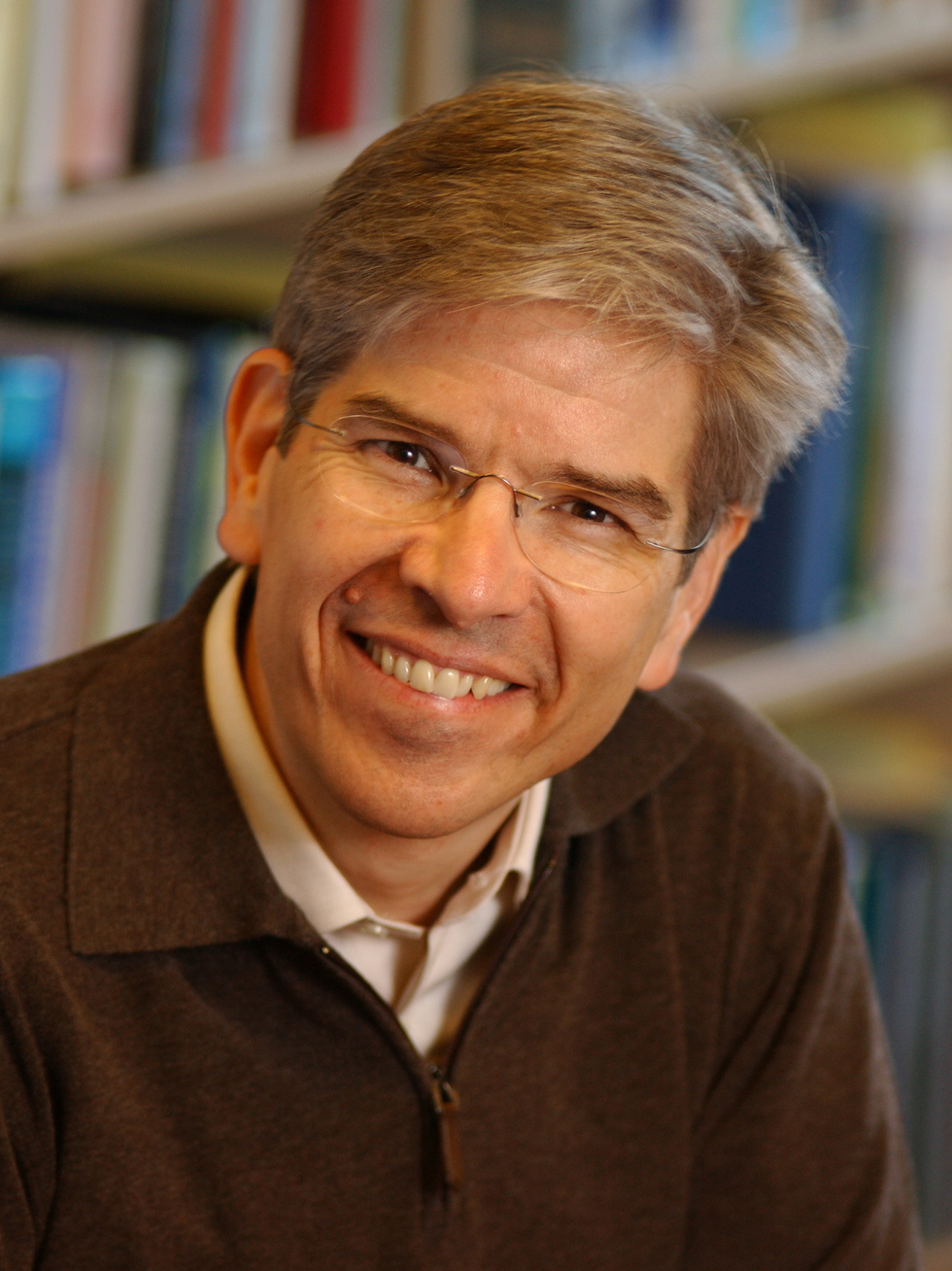
Paul Romer
Paul Michael Romer (born November 6, 1955)[1] is an American economist and policy entrepreneur who is a University Professor in Economics at Boston College.[2] Romer is best known as the former Chief Economist of the World Bank and for co-receiving the 2018 Nobel Memorial Prize in Economic Sciences (shared with William Nordhaus) for his work in endogenous growth theory.[3] He also coined the term "mathiness," which he describes as misuse of mathematics in economic research.
For the 19th and 20th-century French pediatrician, see Paul Rohmer.
Paul Romer
Before joining Boston College, Romer was a professor at NYU, the University of Chicago, the University of California, Berkeley, Stanford University's Graduate School of Business,[4] and the University of Rochester.[5][6] Romer was chief economist and senior vice president of the World Bank until he resigned in January 2018 following a controversy arising from his claim of possible political manipulation of Chile's "ease of doing business" ranking.[7][8] Romer took leave from his position as professor of economics at NYU when he joined the World Bank, and returned to NYU after his term. In addition, he has also been a researcher at the National Bureau of Economic Research, Stanford's Center for International Development, the Stanford Institute for Economic Policy Research, the Hoover Institution, as well as a fellow at the American Academy of Arts and Sciences and the Center for Global Development.[5][9]
Early life and education[edit]
Romer was born to former Colorado governor Roy Romer and Beatrice "Bea" Miller. He has four brothers and two sisters. One of his brothers, Chris Romer, is a former Colorado state senator.[10]
He graduated in 1973[11] from Phillips Exeter Academy. He earned his Bachelor of Science in mathematics[12] and a PhD in economics in 1983,[1] both from the University of Chicago, after graduate studies at Massachusetts Institute of Technology from 1977 to 1979 and at Queen's University (Kingston, Canada) from 1979 to 1980.[13]